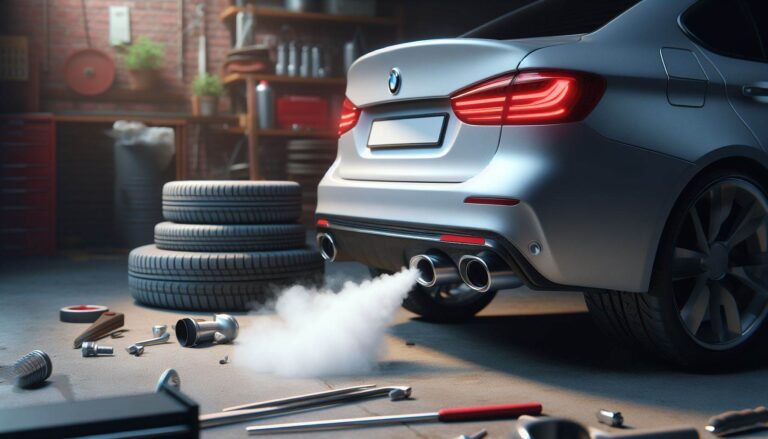What Does It Mean When a Car Makes a Grinding Noise?

Hearing a grinding noise from your car can be alarming. It’s essential to understand what this sound indicates to ensure your vehicle remains safe and reliable. In this article, we’ll explore the potential causes of grinding noises and what you should do if your car starts making one.
What Does It Mean When a Car Makes a Grinding Noise? An Overview
What does it mean when a car makes a grinding noise? Typically, this sound suggests something is wrong with your vehicle. Ignoring these noises can lead to severe damage and costly repairs. Therefore, addressing the issue promptly is crucial.
Common Causes of Grinding Noises in Cars
- Brake Problems and Grinding Noises
One of the most common reasons for a grinding noise is worn-out brake pads. When the pads become too thin, they can cause the metal backing to scrape against the rotor, producing a distinct grinding sound. If you hear this noise when applying the brakes, it’s time to replace your brake pads. - Transmission Issues: A Source of Grinding Noises
Grinding noises can also originate from your car’s transmission. If you notice a grinding sound when shifting gears, it may indicate a problem with the transmission fluid or worn-out gears. It’s vital to have a mechanic inspect your transmission if you suspect an issue. - Wheel Bearing Failure and Grinding Sounds
Another cause of grinding noises is a failing wheel bearing. This sound usually occurs when you turn or accelerate. If you hear a grinding noise that changes with speed or direction, it could mean the wheel bearing needs replacement. - Differential Problems: How They Cause Grinding Noises
If you drive a four-wheel or all-wheel-drive vehicle, grinding noises could stem from differential issues. This situation often arises when there’s insufficient lubrication or when gears become worn. Regular maintenance can help prevent differential problems.
What to Do If You Hear Grinding Noises: Step by Step Guide
If you find yourself hearing you car making a grinding noise. The first step is to assess the situation. Here are some actions you should consider:
- Stop Driving: If the grinding noise is persistent, stop driving your vehicle immediately to avoid further damage.
- Inspect Your Vehicle: Check the brakes, fluid levels, and any visible components. Look for signs of wear or leaks.
- Consult a Mechanic: If you cannot identify the source of the grinding noise, consult a professional mechanic. They have the expertise to diagnose and resolve the issue efficiently.
Preventing Grinding Noises: Tips for Vehicle Maintenance
To minimize the chances of hearing grinding noises in the future, regular vehicle maintenance is essential. Here are some tips to help:
- Routine Inspections: Schedule regular inspections and maintenance for your car. This practice helps identify potential problems before they escalate.
- Brake Maintenance: Ensure your brakes are in good condition. Replace brake pads and rotors as needed to prevent grinding sounds.
- Fluid Checks: Regularly check your transmission fluid and differential fluid levels. Top off as needed to maintain smooth operation.
Conclusion: Understanding Grinding Noises in Your Car
Understanding what does it mean when a car makes a grinding noise can save you time and money on repairs. Being proactive about vehicle maintenance and addressing any strange sounds immediately will keep your car running smoothly. If you hear a grinding noise, don’t hesitate to consult a mechanic for a thorough inspection. Stay safe on the road!






